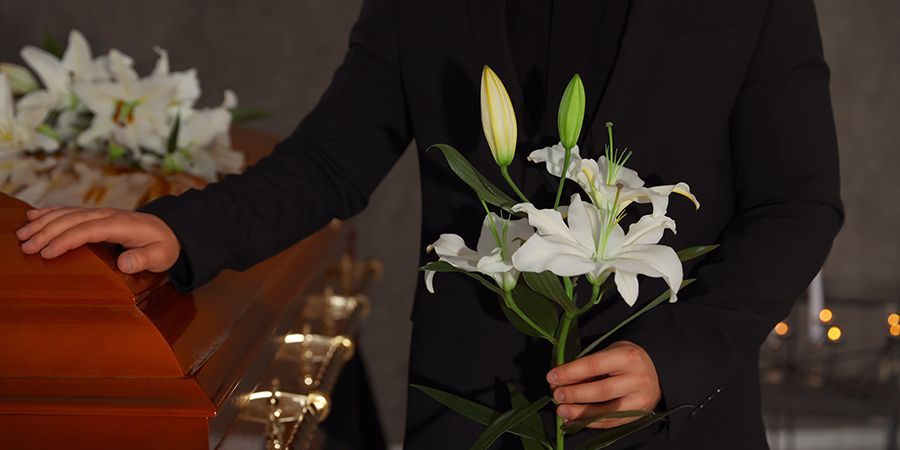How A Traditional Funeral Helps
Value In Healing Process
At a fundamental level, funerals serve an imperative role in helping the family and friends of the deceased to cope with their loss. Through funerals, we establish the personal and social significance of our loved one. We need to acknowledge the loss and put it in perspective before we can grieve. Recounting our memories of an individual, establishing who they were, and what they meant to us, is necessary for us to be able to move on.
Benefits of A Traditional Funeral
- Assists in taking the first steps in the grief process by reinforcing the reality of death
- Provides an opportunity to express feelings of grief
- Encourages sharing of memories that celebrate and validate the life of the deceased
- Provides support from friends and family and acknowledges the loss within the community
- Creates of forum to share spiritual values and beliefs
- Allows mourners a structured activity or “something to do” during a disorienting time
- Serves as a rite of passage and important social ritual
Helping to Start the Healing
Every aspect of a funeral has purpose and the potential to heal. Funerals are not just a ceremony to honor those who have died. Funerals are also an important ritual that helps survivors start dealing with their loss by sharing with those around them. “One of the recognitions shared by humans throughout the world and over time is the importance of ritual”… “In every culture, significant transitions such as births, marriages, and deaths have been marked by rituals. Ritual is defined as highly symbolic acts that confer transcendental significance and meaning on certain life events or experiences.” Disenfranchised Grief by Kenneth J. Doka
More than just a service for the person who has died, a funeral is for the loved ones who are left behind. Participating in a funeral can be a therapeutic act that actually starts the healing process.
“Funerals are not to benefit the dead, but the living. They have a number of unparalleled therapeutic benefits. As a rite of passage, the funeral assists you in recognizing the passing of your loved one, supporting you as you start your life without the deceased, and reintegrating you back into the social group as a person whose loved one is no longer alive.” How to Go on Living When Someone You Loves Dies
by Therese A. Rando, Ph.D.
When a loved one dies, the first reaction for many people is to want to get things over with as quickly as possible. They mistakenly believe that not having a funeral will shelter themselves and their family from more pain. Psychologists and grief counselors agree that funerals can be a healing experience that helps survivors move through their grief.
Funerals can be emotionally difficult, but they provide an opportunity to receive the gift of treasured memories that others shared with the person who has died. Many families are pleasantly surprised to hear stories from friends and relations about their loved one that they had never heard before. Being surrounded by family and friends and learning how their lives were touched can bring great comfort.


